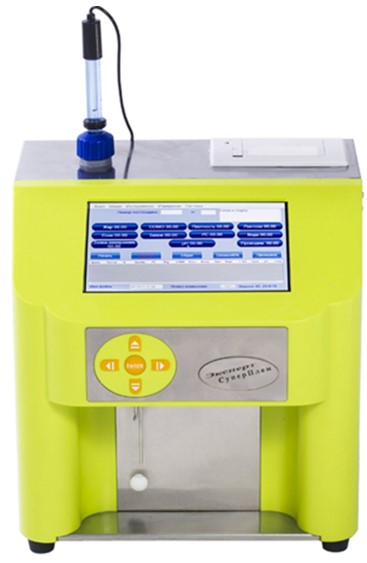Guryev predicted a rise in global fertilizer prices due to sanctions.

Interview. Andrey Guryev (Video: RBC TV Channel)
EU sanctions against Russian fertilizers, which accounted for a third of all fertilizer exports to European countries by 2024 (for Russia, this is 15-18% of total exports), will lead to higher fertilizer prices worldwide, said Andrey Guryev, President of the Russian Fertilizer Producers Association (RAPU), in an interview with the RBC television channel. The sanctions concern new EU duties on nitrogen and complex fertilizers from Russia and Belarus, which will come into effect on July 1, 2025, and will reach prohibitive levels over the next three years. A duty of €40–45 per ton, depending on the type of fertilizer, will be added to the current 6.5% rate, gradually increasing to €315–430, or 100%, by 2028.
In early June, analysts surveyed by RBC reported that fertilizer export prices had fluctuated, in part due to the expected sanctions. Specifically, quotations for Russian urea at shipping ports (located in the Northwest, which serves as the main supply channel for this product) rose by 2-3%. Demand was supported by increased purchases of Russian fertilizers by European consumers: in the first quarter, they amounted to 980,000 tons (40-45% of all imports for the previous year). In May, year-on-year deliveries increased by 10%, and by 3% compared to April (according to Eurostat).
According to Guryev, replacing Russian fertilizers in Europe with products from Morocco, Saudi Arabia, and other countries (according to the European Parliament, Egypt , Algeria, Norway, Oman, and the United States could be suppliers ) will be problematic. "It will be difficult to replace us because our counterparties, our competitors—Morocco and Saudi Arabia —are basically more or less at this level—it will be quite difficult for them to enter [the European market] so quickly. So, what will this actually lead to? It will lead to higher prices for mineral fertilizers, and higher prices worldwide. <…> The tariff is an even greater crutch due to the relocation of all these global market volumes: for some, logistics will be more expensive, for others, insurance will be more expensive, and so on," he explained.
Russian fertilizers, in turn, will "find a buyer" – there is constant, sustainable demand for them from "agricultural states" (for example, in 2024, shipments to Brazil and India increased by 20% and 20%, respectively). Guryev doesn't foresee any major problems with product relocation and sales. "As for the European market, it's stagnant. Wheat quality will decline; this year, there will already be a minus of 11 million tons of wheat from Europe. It's clear that, little by little, the European agro-industrial complex is being stifled or is already beginning to suffocate with such actions," he stated.
By the end of 2025, RAPU expects "another record" in mineral fertilizer production—65 million tons (an increase of 2 million tons), with 44 million tons (an increase of 1 million tons) expected for export . This will be facilitated by the launch of new production capacities, in which significant investments have been made . "The market is there, and prices are very good today. Any disruptions in the market, such as tariffs and duties, actually cause these waves, so to speak, that create uncomfortable [conditions] for customers—they try to buy, driving up the price. Since January, nitrogen and phosphorus prices have already increased by 20% in the export market," Guryev concluded.
Market experts have previously repeatedly expressed concerns about meeting demand for Russian fertilizers in the global South due to a shortage of port and rail capacity. However, Guryev is convinced there is no risk: "Ports are being built, and the bulk of production is located in the Northwest, where we all operate. In general, we always synchronize any investments we make in the construction of new plants or new production with Russian Railways , and, of course, we monitor our port logistics," he said. The only risk is a slowdown in the economy.
ReadPIONERPRODUKT .by inTELEGRAM .




























































